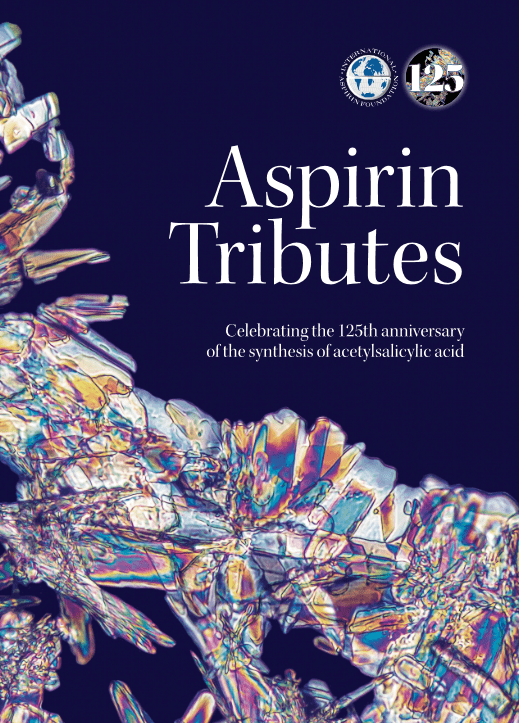Hepatocellular cancer (HCC) remains an issue worldwide and strategies to reduce its incidence are important. This Swedish study examines the role of low-dose aspirin (75mg or 160mg) in people with chronic viral hepatitis in reducing the risk of HCC and liver-related mortality without a significantly higher risk of gastrointestinal bleeding.
The results showed that over a median of 7.9 years of follow up the cumulative incidence of HCC was 4.0% in low-dose aspirin users versus 8.3% in non-aspirin users. Ten- year liver-related mortality was 11.0% in aspirin users and 17.9% in non-aspirin users. The risk of gastrointestinal bleeding over 10 years did not significantly differ between those using and not using aspirin (7.8% versus 6.9% respectively). The benefit of aspirin use was duration dependent with a significantly lower risk of HCC after 3-5 years of use.
The authors conclude:
“ in a nationwide population of persons with chronic viral hepatitis, low-dose aspirin use was associated with a duration-dependent significantly lower risk of incident hepatocellular carcinoma and liver-related death than no use of aspirin, without a significantly higher risk of gastrointestinal bleeding.”
And call for further research in this area:
“Our findings support the need for randomized clinical trials designed to test the benefits of aspirin for primary prevention of hepatocellular carcinoma.”
For more information please see:
Simon TG, Duberg AS, Aleman S, Chung RT, Chan AT and Ludvigsson JF. Association of Aspirin with Hepatocellular Carcinoma and Liver-Related Mortality. N Engl J Med 2020; 382:1018-28. DOI: 10.1056/NEJMoa1912035
https://www.nejm.org/doi/full/10.1056/NEJMoa1912035?query=featured.home













